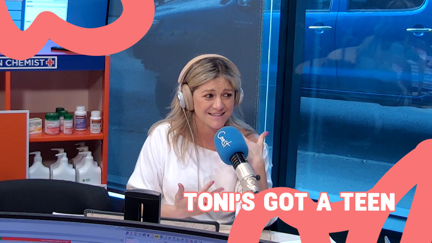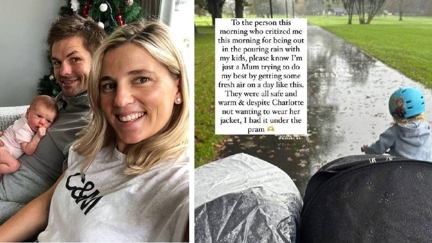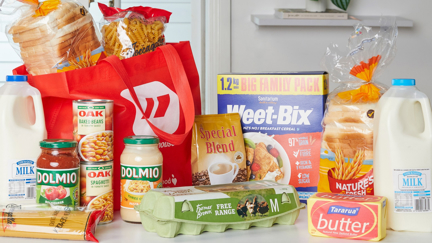John Cowan - Avoid Overpraising
- Publish date
- Thursday, 21 Sep 2017, 11:39AM

Praising children is great – most of us should do it more – but even young children recognise constant praise as manipulative. They soon learn that it is meaningless flattery. Some children become self-esteem junkies – they get such a high level of praise they find it awful if they move into another environment – like a new school, – where praise is not be doled out so much. Psychologist Sylvia Rimm saw this as one of the key reasons clever kids sometimes bomb out at university – all through their schooling they had been praised and but they arrive at uni and you are just one more bright kid amongst thousands. Suddenly the praise isn’t there and they feel awful.
Also kids can lose both humility and a sense of truthful perspective if we over–praise. Here are some tips.
Let them know that you are giving your opinion, so instead of “What a great singer you are; you are the best!”, say “I really like the way you sing. You totally put your heart and soul into it.”
They don’t need exaggerated or dishonest waffle; they will appreciate simple honesty far more if it is presented in a friendly non-critical manner. If your child’s homework is messy and full of mistakes, address the mess but also try to find something they have done well. “I like the way you got straight into this homework. You might have rushed a bit too much because your work is usually a bit neater.”
One final tip – don’t limit your praise to what is right in front of you – look a bit into the future. “I like what you’ve done. I can see that you are turning into a real artist!”
For more check out parentingplace.nz
About John
John has been with The Parenting Place (www.theparentingplace.com) for seventeen years as their senior writer and presenter. He had various roles working with youth and families prior to that but actually started his working life as a scientist in neurophysiology at Auckland Hospital. As well as writing and speaking, John is frequently on radio and television.

Take your Radio, Podcasts and Music with you




